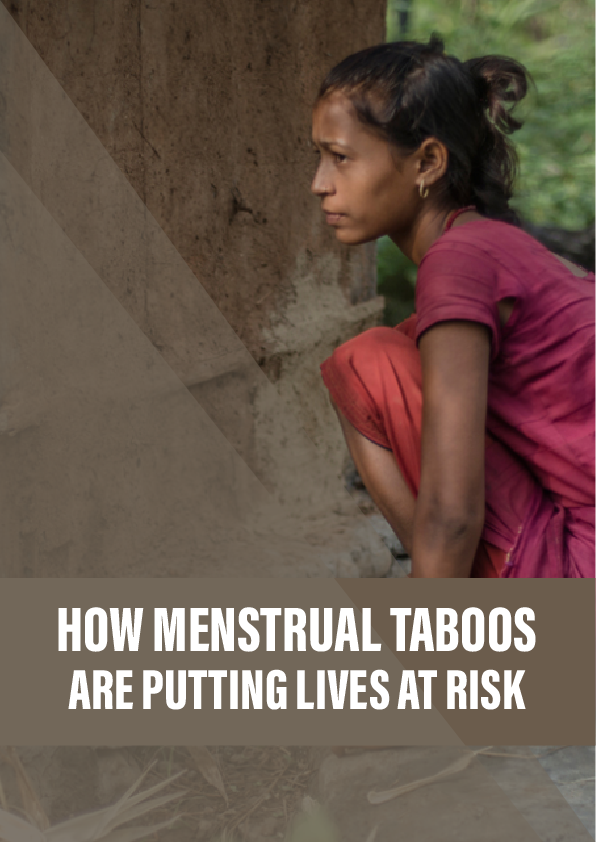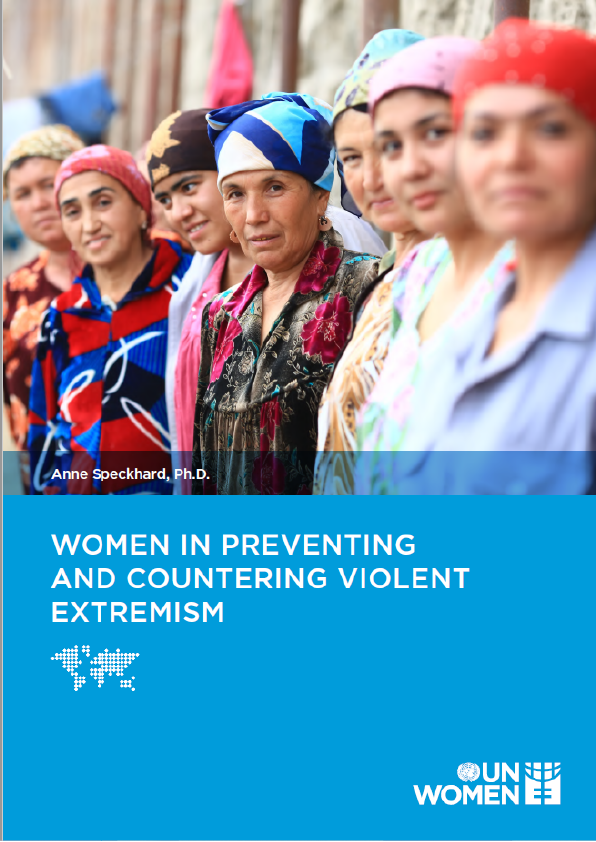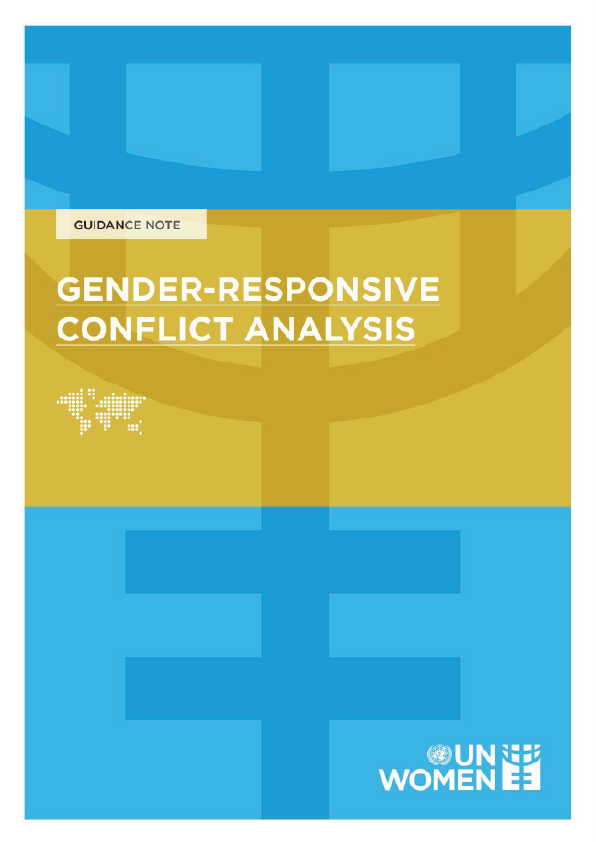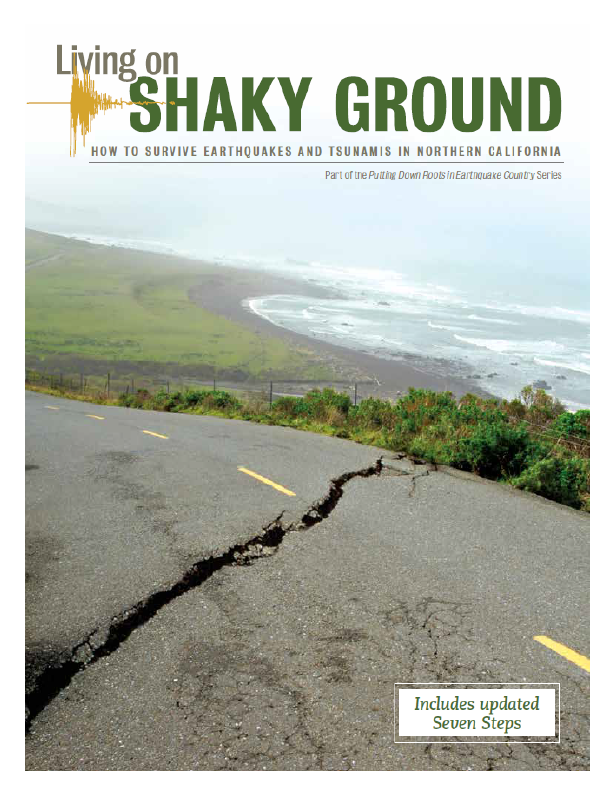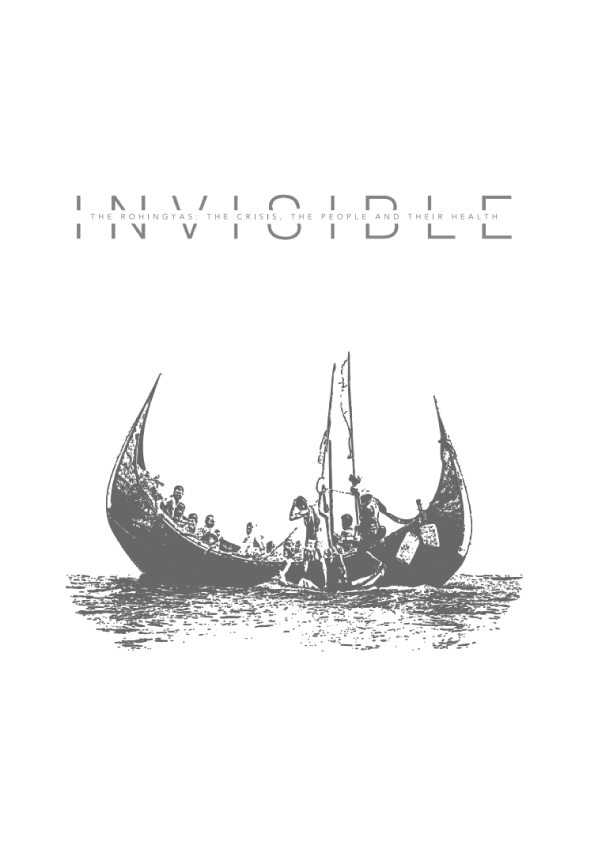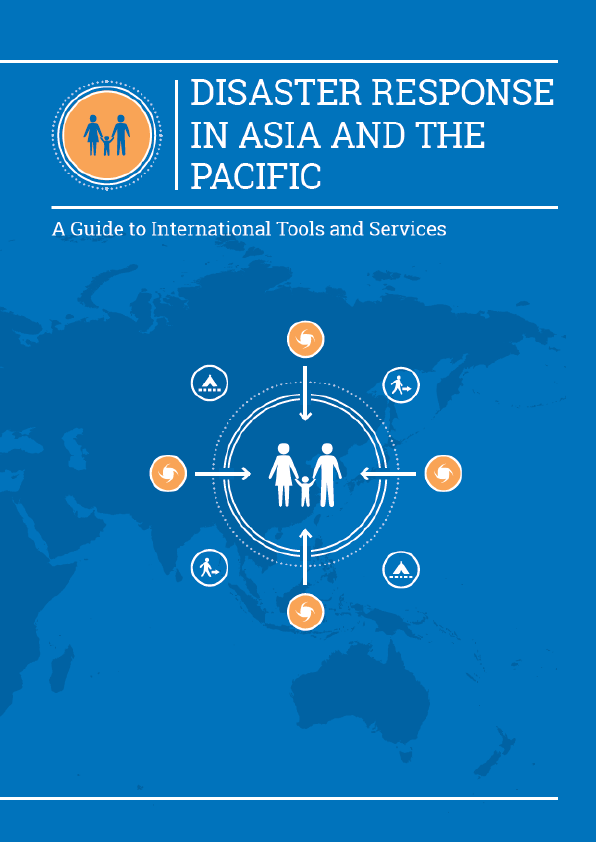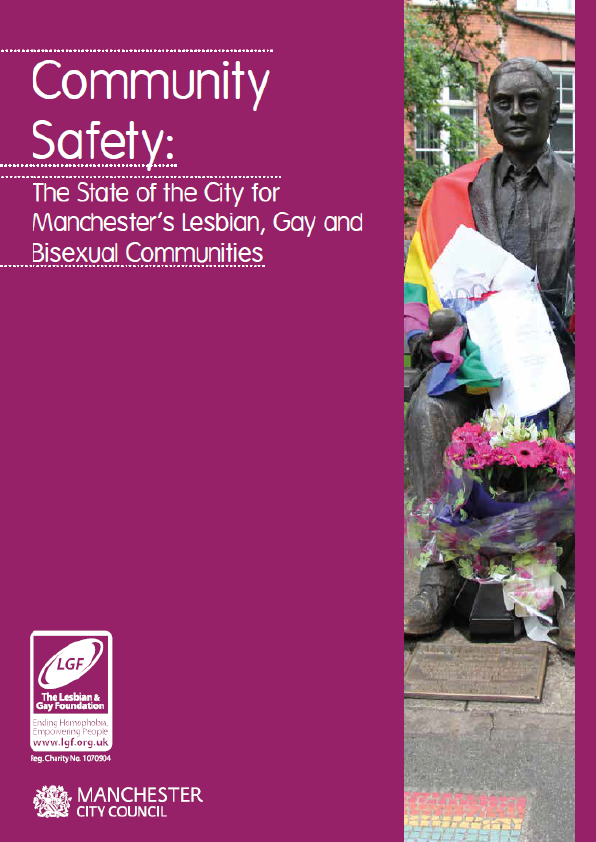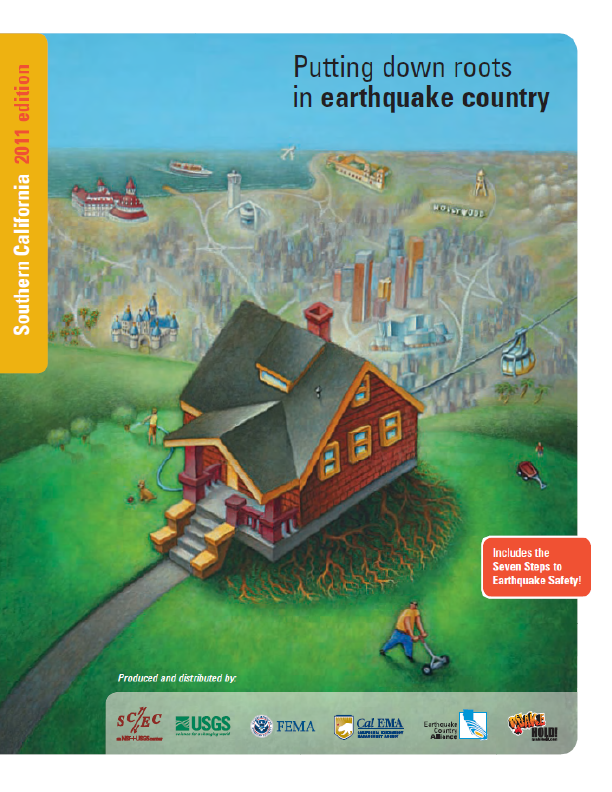What is life like when having your period puts your health at risk and means you are shunned by society? Rose George reports from Nepal and Bangladesh on menstrual taboos.
For Radha dinner is served at 7. She crouches down behind a shed, a good distance from her house, then waits. She knows what the menu will be: boiled rice, the same as yesterday and the day before. She knows that it will be her little sister who serves it, throwing the rice onto her plate from a height, the way you would feed a dog.
In Jamu, Radha’s village in western Nepal, her status is lower than a dog’s, because she is menstruating. She is only 16, yet, for the length of her period, Radha can’t enter her house or eat anything but boiled rice. She can’t touch other women – not even her grandmother or sister – because her touch will pollute them. If she touches a man or a boy, he will start shivering and sicken. If she eats butter or buffalo milk, the buffalo will sicken too and stop milking. If she enters a temple or worships at all, her gods will be furious and take their revenge, by sending snakes or some other calamity.
Here, menstruation is dirty, and a menstruating girl is a powerful, polluting thing. A thing to be feared and shunned.
After dinner, Radha prepares for bed. Darkness falls fast in Jamu and without mains electricity the villagers follow old rhythms and sleep with the dark. Radha’s parents are both migrant workers in India, so she lives with her grandmother. Their house has a solar-powered light, as does the one opposite, where I’m staying with my travelling companions: the Communications and Gender Officer for WaterAid Nepal and our photographer.
Reference:
- The connection between poor sanitation and economic loss has been made only relatively recently. The guiding force behind it is Guy Hutton, an economist who has worked with the World Bank’s Water and Sanitation Program and now works on the World Bank’s fascinating Economics and Sanitation Initiative. This study shows that inadequate sanitation costs India the equivalent of 6.4 per cent of its GDP.
- The UN’s Water Supply and Sanitation Collaborative Council performs sharp and important advocacy. For this report [PDF], it convened a meeting of NGOs, UN agencies, academics and business people around the topic of menstrual hygiene, which had never been done at such a high level before.
- The Times 100 business case study of Primark and HERproject.
- The figures on sanitation are dizzying: 34 million Nigerians without sanitation, 626 million Indians who practise open defection. The WHO has compiled a handy fast facts list taken from the WHO/UNICEF joint monitoring report 2012.
- Nepal is one of the few countries worldwide to have a Sanitation and Hygiene Master Plan [PDF].
- WaterAid Nepal
- Read the Storify of Rose George’s Twitter chat on #menstrualtaboo.
